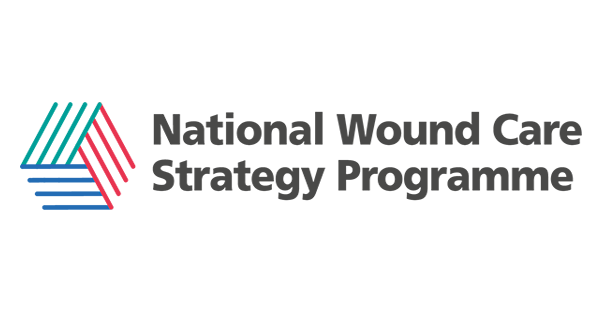The focus of this year’s Legs Matter awareness week is the ‘hidden harm crisis in lower leg management’. So what does this mean? Simply, that too few patients are receiving evidence-based care, which in turn is leading to unintentional harm that has detrimental effects on patient’s mental wellbeing and QoL. Supporting the workforce is crucial in eliminating this hidden harm crisis that patients are facing.
Thankfully collaboration among different specialities is more commonplace now. We each respect that we have much to share for the good of our patients and equally patients are just as valued members in that collaboration and have a voice in their care plan.
If this is not the case in your area I urge you to start networking. Go and find the podiatrist, tissue viability nurse, lymphoedema practitioner and vascular nurse in your area and have those discussions about how you can collaborate to improve the patient journey. We need to actively advance together, learning from each other, affecting change as a team.
Thankfully we have access to many wonderful resources to help guide us and we must ensure we use them. The National Wound Care Strategy Programme (NWCSP) Lower Limb Recommendations (2020) is a very user-friendly document and should be embraced in your practice. Looking at your patient outcome measures and understanding if your interventions are working. Questioning our practice is never easy but is essential if we are to change the trajectory of our patients’ outcomes.
The patient story is so meaningful and stirs many emotions in us as healthcare professionals. Listening to patients’ stories at the recent Society of Tissue Viability conference made me think about how we should be using these emotions to drive our decision making and spur us to do better.
It is not easy for any of us right now with the cost-of-living crisis and I am certainly seeing how this is impacting my patients daily, with many not able to attend appointments simply because they cannot afford the travel expenses to get to and from clinic. We must focus on the things we can help with and be an instrument for change through the contacts we have with our patients.
The Legs Matter coalition recognise that although small changes at local level have an impact, as a coalition, we need to be challenging managers, directors, chief executives and ultimately government to recognise the ‘hidden harm crisis’ and support us, healthcare professionals, to make that transformational change. Please get in touch with the Legs Matter group and request an awareness week promotion pack. Display the posters in your clinical area and encourage your patients to visit the website for more information https://legsmatter.org/. Challenge your practice and explore what you can do to improve your knowledge and skills to improve the future for your patients. You hold the key to small changes that can have a huge impact in the long term.







